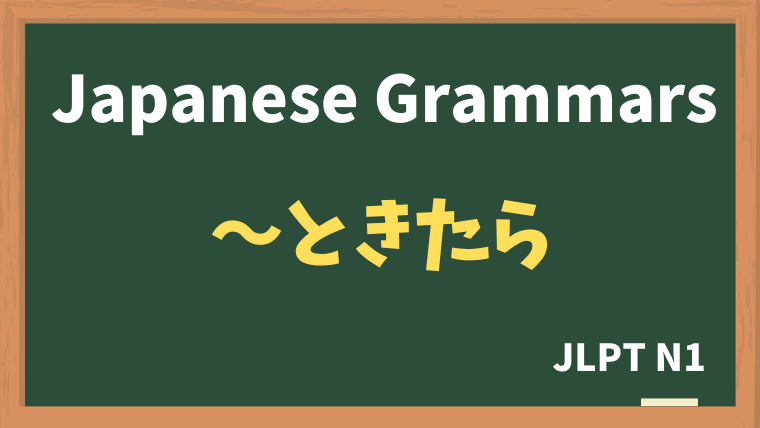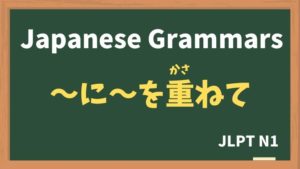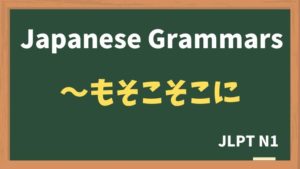
Explanation:〜ときたら
fa-check-circleMeaning
"〜について言うと"
"speaking of / when it comes to"
Used to criticize or express dissatisfaction with a particular person, thing, or situation. It highlights a negative or undesirable characteristic about the subject and often conveys frustration, disappointment, or irritation. The expression can be translated as "when it comes to" or "as for" in English, often in contexts where the speaker is making a complaint or pointing out a flaw.
fa-check-circleForm
N + ときたら
fa-check-circlePoints
- Criticism or Complaints: "〜ときたら" is typically used to criticize someone or something. It often introduces a negative statement about the subject.
- Casual Tone: It has a casual, conversational tone and is more commonly used in spoken language when expressing frustration or dissatisfaction.
- Subject Emphasis: The expression emphasizes the subject being criticized, making it the focus of the speaker's discontent.
fa-check-circleJLPT Level
N1
fa-check-circleNote
話す人は「〜」について、不満の気持ちがあります。
Sample sentenes
うちの夫ときたら、夏休みだというのにどこにも連れていってくれないのよ。
As for my husband, even though it's summer vacation, he hasn’t taken us anywhere.
昨日は私の誕生日だったのに、私の彼氏ときたら忘れて友達と飲みに行ってたのよ。
As for my boyfriend, even though yesterday was my birthday, he forgot and went out drinking with friends.
最近のテレビ番組ときたら、似たような内容ばかりでつまらない。
As for TV shows these days, they’re all similar and boring.
うちの息子ときたら、毎日ゲームばかりで全然勉強しないのよ。
As for my son, he only plays games every day and doesn’t study at all.
最近の若者ときたら、挨拶もちゃんとできない人が多い。
As for young people these days, many of them can’t even greet properly.






